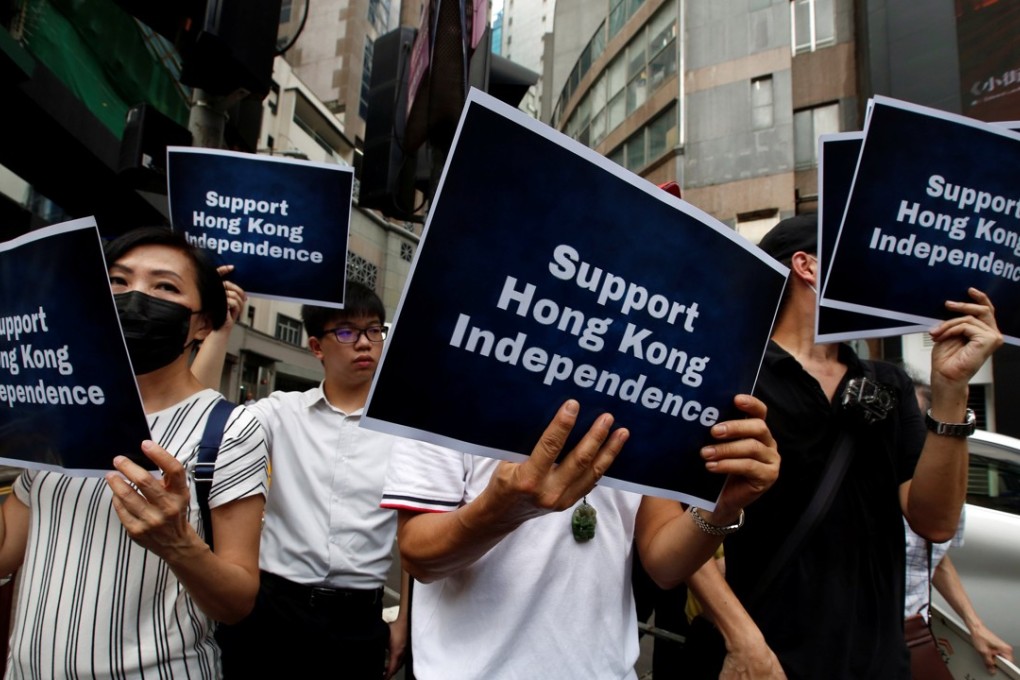Advertisement
Opinion | Hong Kong must bravely confront the problems of ‘one country, two systems’
Alice Wu says the analysis by Hong Kong Vision of the root of the problems is spot on, and at least two of the recommendations – to formalise the liaison office’s responsibilities in Hong Kong, and initiate work on both Article 23 legislation and political reform – are worthy of consideration
3-MIN READ3-MIN

“One country, two systems” has been the foundation of our lives as Hongkongers, post 1997. As a principle, the rules may seem clear. But in practice, the problems we have encountered both reflect and exacerbate Hong Kong’s existential angst.
It is time to address the issues. To do that, we must see past the sloganeering that often comes with any mention of the four words.
In this light, the serious work that Hong Kong Vision – a platform initiated by former Legislative Council president Jasper Tsang Yok-sing – has done is commendable. The ideas laid out in its recently published research report on “One Country, Two Systems in Practice: Reviews, Analysis, and Proposals” deserve consideration.
Advertisement
First, we must acknowledge that all the nonsense over Hong Kong independence is an extension of the confidence crisis brought on by ignoring the challenges encountered under the “one country, two systems” framework. Advocacy of Hong Kong independence is self-destructive behaviour borne out of hopelessness and helplessness – a coping mechanism for being overwhelmed by the mounting difficulties.
Article 23 is perhaps the best illustration of that. While the Basic Law spells out the need for Hong Kong to enact national security legislation, there has been no serious attempt to do so since 2003, when half a million Hongkongers took to the streets to oppose any such move.
Watch: What is the Basic Law of Hong Kong?
Advertisement
Select Voice
Select Speed
1.00x
